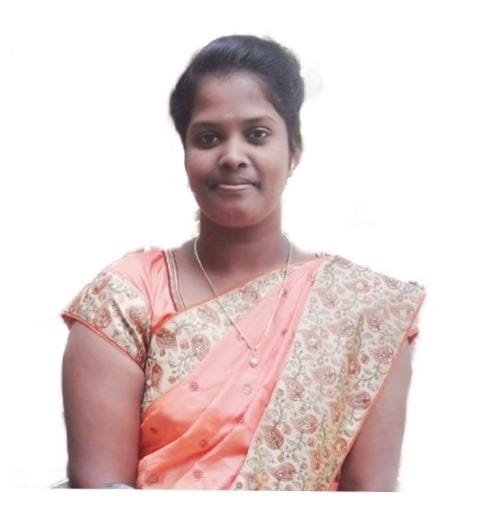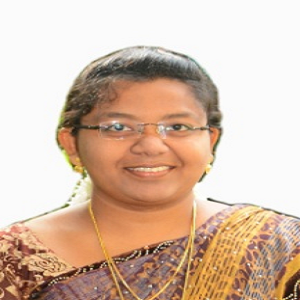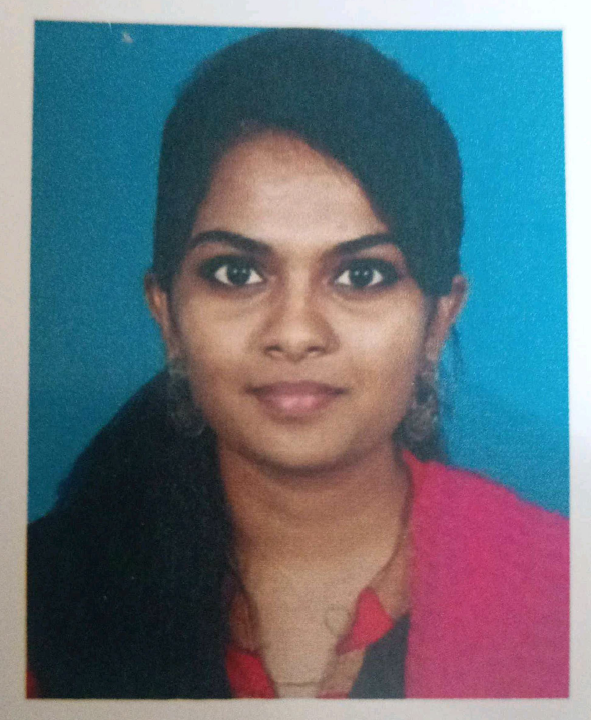Laboratories
-

Engineering Practices Laboratory
- Engineering Practices Laboratory is to impart hands on experience to the students to analyze their concepts about the fundamentals of Electrical and Electronics Engineering
- In this Laboratory the basic experiments like measurement of voltage, current, power and power factor in single phase supply, residential wiring, lamp wiring, and energy measurement are conducted
-
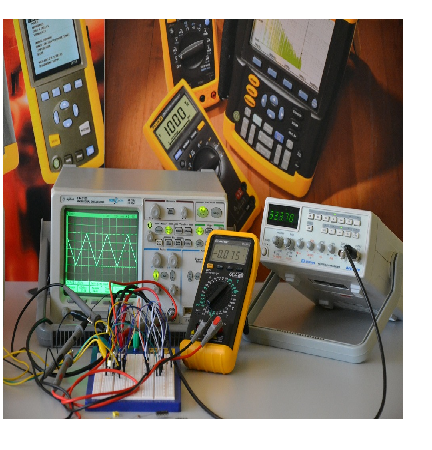
Electric Circuits Laboratory
- The objective of Electric Circuits laboratory is to create their own electrical circuits and do measurements in verification of circuit laws and theorems, measurement of circuit parameters, study of circuit characteristics and simulation of time response
- The Electric Circuits lab is equipped with Function Generator, CRO's and Digital storage Oscilloscope designed to provide wide knowledge about Electrical & Electronics field
-
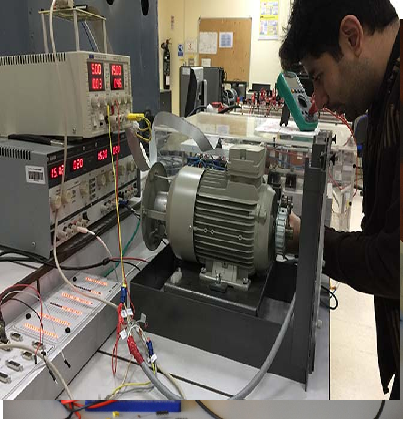
Electrical Machines Laboratory – I
- The Electrical Machines Laboratory I is used to impart the knowledge about the characteristics and behavior of the DC motors (Series motor, Shunt motor, Compound motor), DC generators (Series generator, Shunt generator)
- The laboratory can also be used for project work related to electrical machines and energy conversion
- The students can understand procedures and analysis the techniques to perform and describe electromagnetic and electromechanical tests on electrical machines
-
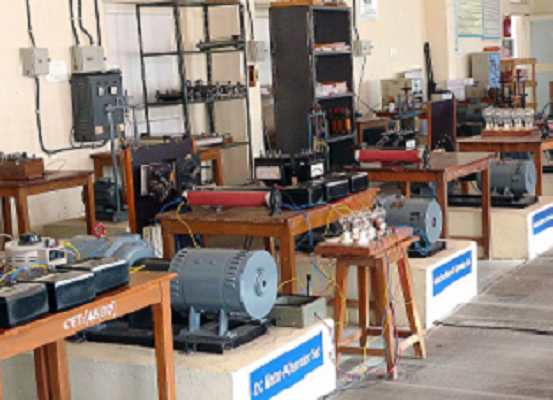
Electrical Machines Laboratory – II
- Through this Electrical Machines Laboratory – II, Students gain wide knowledge in using various AC three phase motors (Induction motors, Synchronous motors), Alternators (Salient pole type and cylindrical rotor type), single phase and three phase Transformers
- This laboratory helps the students by understanding the basic theory and operation of electrical machines, how electrical machines fit into the larger context of power systems
-
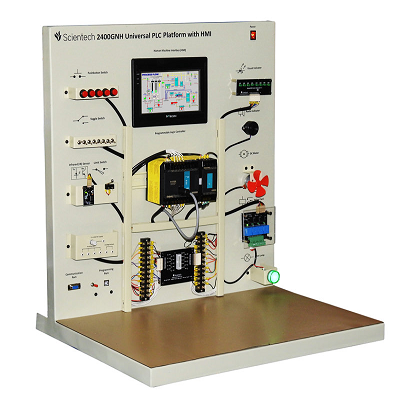
Control and Instrumentation Laboratory
- Through hands on experiment with real components & equipment, students can gain practical exposure by using CRO, DSO, Functions generator etc
- This laboratory was established with an objective to gain practical experience in the field of control engineering. Control and Instrumentation Laboratory is equipped to do experiment on Modeling of Systems, AC/DC bridges, Synchros, Position and Speed control of AC/DC motors, Controller and Compensator Design, Measurement of Pressure, Temperature, Displacement, Strain, Flow, Power, Energy and Signal conditioning, etc
-

Power Electronics and Drives Laboratory
- Power Electronics and Drives Laboratoryprovides instruction in general lab practices, measurement methods, and with the design and operation of several common circuits relevant to the field of power electronics
- The usage of power converters and drives in day-to-day life has increased in recent years. It is important for student to understand the fundamental principles behind all these converters







